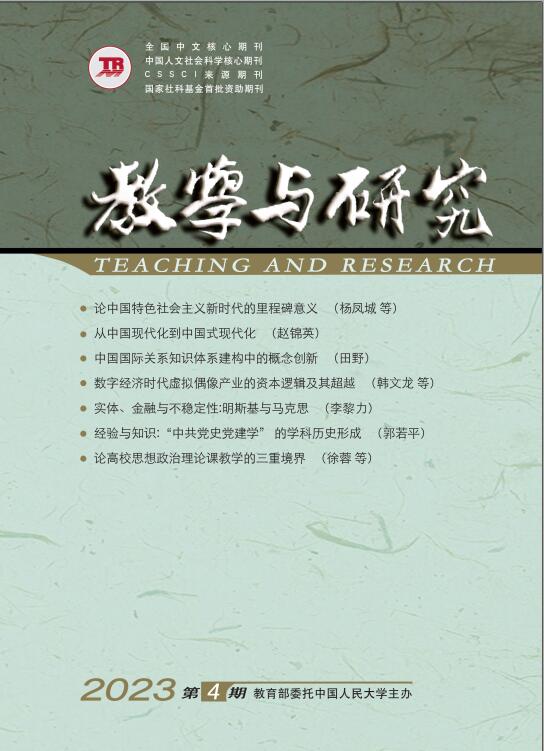Marx and Engels put forward the idea of “world history”, and on this basis, propose that both the social development of the East and that of the West “complement each other” and would be realized in the process of mutual influence and support. On the eve of October Revolution, Lenin suggested that the Russian Revolution was the “prelude” to the revolution in Europe, and that the proletarian revolution in Russia would be “a curtainraiser” to the revolution in Europe and even to a worldwide one, which awoke the proletariat in Western Europe and North America and called upon them to “fight” against capitalism. On the eve of his death, Lenin realized that the bourgeois rulers in the West had mitigated the class contradictions domestically by implementing the “sugar pie” policy, and that it would be difficult for revolutions to break out in these countries in a short time. The later victory of world socialism “relies” on the struggle of the people of Russia, China, India and other countries in the East Xi Jinping, at a time when the world is in the midst of unprecedented changes, proposes the idea of building “a community of shared future for mankind”, which enriches and innovates Marxism as regards the goal, way and main force of world development.



